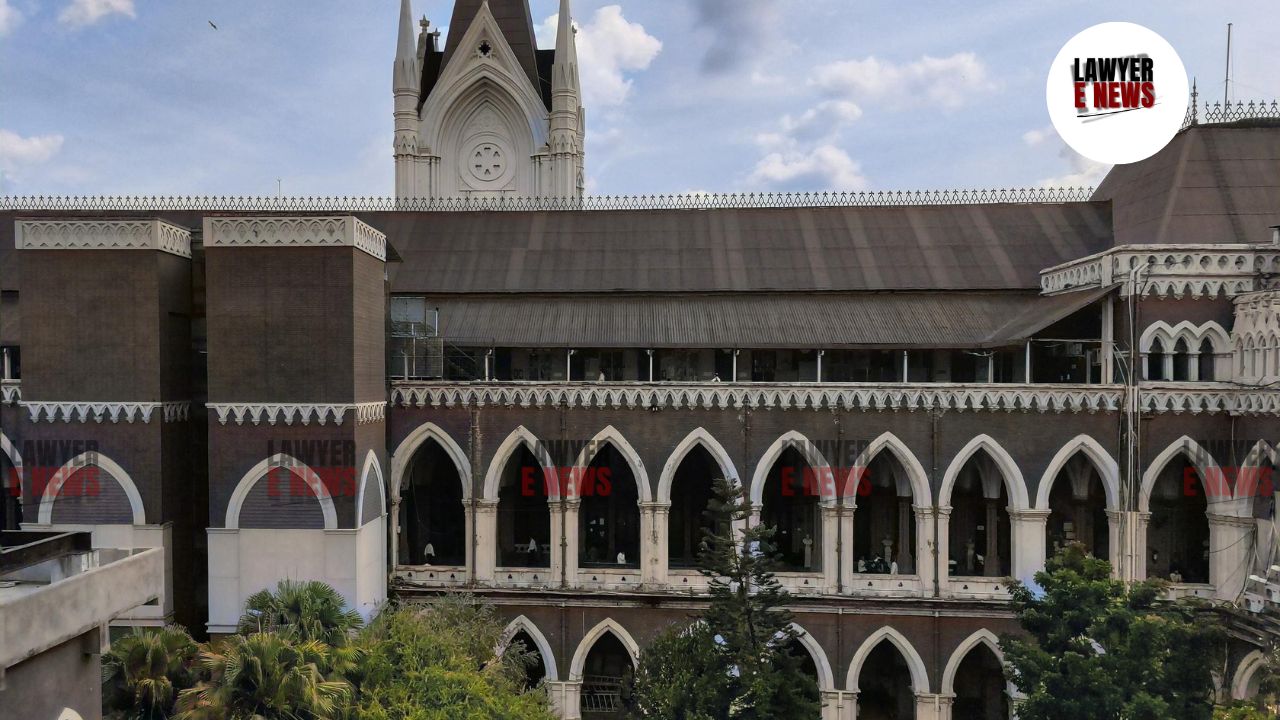-
by Admin
15 February 2026 2:16 AM



The Calcutta High Court has quashed the charges framed against Bhaskar Saha and others by the 5th Special Court in a case initiated by the Securities and Exchange Board of India (SEBI). Justice Shampa Dutt (Paul) ruled that the charges were framed without proper judicial consideration and extended beyond the scope of the original complaint. The case has been remanded for fresh consideration in accordance with the law.
The case revolves around allegations by SEBI against Aspen Projects India Limited (APIL) and its directors, including Bhaskar Saha, for illegal fund mobilization and non-compliance with regulatory provisions. SEBI’s complaint, initiated in 2017, accused APIL of raising funds through the public issue of shares without filing the required offer documents or complying with disclosure requirements. The complaint cited violations of multiple sections of the Companies Act, 1956, and the SEBI Act, 1992.
Justice Shampa Dutt (Paul) noted that the 5th Special Court had framed charges against the petitioners under sections not originally cited in SEBI’s complaint. The High Court highlighted discrepancies between the sections mentioned in the complaint and those in the charges framed, emphasizing that additional sections were included without judicial consideration.
The judgment underscored the importance of following the correct legal procedure when framing charges. The court stated that the charges must clearly inform the accused of the specific allegations to allow for a fair defense. “The trial court has framed charges against the petitioners in respect of offences beyond the scope of the petition of complaint,” the court observed.
The High Court stressed that the trial court must apply its judicial mind and not act merely as a post office for the prosecution. It is required to evaluate whether the evidence presented constitutes a prima facie case. The High Court found that the trial court had failed to meet this standard, leading to a miscarriage of justice.
The court’s reasoning focused on ensuring that the accused are fully aware of the charges they face and that these charges are grounded in the complaint filed by the prosecution. The ruling cited several Supreme Court decisions to reinforce the principles of fair trial and the necessity of clear and precise charges.
Justice Shampa Dutt (Paul) remarked, “The order under revision and the resulting formal charge, in the present case, have not been passed and framed in compliance with the provisions of law. The accusations are not based on the materials on record, and also beyond the case of the complainant in the petition of complaint.”
The High Court’s decision to quash the charges and order fresh consideration underscores the judiciary’s commitment to due process and fair trial standards. The case will return to the 5th Special Court for reevaluation, ensuring that any charges are properly framed within the scope of SEBI’s original complaint. This ruling is expected to influence future proceedings, reinforcing the necessity of judicial diligence in framing charges.
Date of Decision: 25.07.2024
Bhaskar Saha and Anr. Vs. Securities and Exchange Board of India (SEBI)
